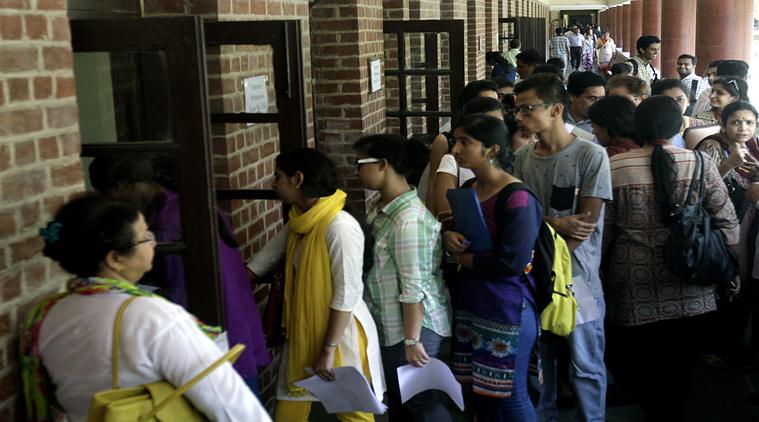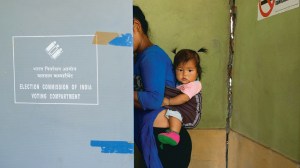- India
- International
No new engineering colleges from 2020, review every two years
As for approving additional seats in existing institutions, the AICTE will only grant approvals based on the capacity utilisation of the institute concerned.
 While the committee has recommended no new engineering institutes should be set up from 2020, it has said that concessions should be made for applications already in the pipeline. (File Photo)
While the committee has recommended no new engineering institutes should be set up from 2020, it has said that concessions should be made for applications already in the pipeline. (File Photo)
In an unprecedented move, the All Indian Council for Technical Education (AICTE) has decided to not permit new engineering colleges from the academic year 2020-21 and review creation of new capacity every two years after that.
AICTE chairman Anil Sahasrabuddhe said the Council has accepted the recommendation of the government committee headed by IIT-Hyderabad chairman BVR Mohan Reddy and that only requests from existing engineering institutes to either start programmes in new technologies or convert current capacity in traditional engineering disciplines to emerging new technologies will be entertained from next year.
The real challenge
The freeze on colleges is not a solution. The reason engineering seats remain vacant despite the growing number of science students is the low quality of education. How to address that is the next challenge.
As for approving additional seats in existing institutions, the AICTE will only grant approvals based on the capacity utilisation of the institute concerned. The Indian Express had reported on January 1 that the panel, which submitted its 41-page report to AICTE in December, had justified its recommendation to stop setting up new colleges and focus only on emerging technologies on the ground that current capacity utilisation in traditional disciplines is just 40 per cent as opposed to 60 per cent seat occupancy in branches such as computer science and engineering, aerospace engineering and mechatronics.
For the same reason, the committee had urged the AICTE to introduce undergraduate engineering programmes exclusively for artificial intelligence, blockchain, robotics, quantum computing, data sciences, cybersecurity, 3D printing and design. All the recommendations of the BVR Mohan Reddy committee have been made public in the AICTE’s approval handbook of 2019-20, which according to Sahasrabuddhe, effectively means the report has been accepted by the Council.
In December 2017, an investigation by The Indian Express found there were no takers for 51 per cent of the 15.5 lakh B.E/B.Tech seats in 3,291 engineering colleges in 2016-17. The investigation found glaring gaps in regulation, including alleged corruption; a vicious circle of poor infrastructure, labs and faculty; non-existent linkages with industry; and the absence of a technical ecosystem to nurture the classroom. All this, it found, accounted for low employability of graduates.

A few weeks later, the AICTE announced its decision to reduce the intake in courses with poor admissions by half from the academic year 2018-19. Following this, the total number of B.Tech and M.Tech seats, across all AICTE-approved institutes, dropped by 1.67 lakh, which is the sharpest fall in five years and almost double of what was witnessed in 2017-18.
However, with enrolment remaining virtually stagnant, the AICTE appointed a committee headed by former NASSCOM chairperson and industrialist BVR Mohan Reddy to come up with a medium and short-term perspective plan for expansion in engineering education.
While the committee has recommended no new engineering institutes should be set up from 2020, it has said that concessions should be made for applications already in the pipeline.
Apr 20: Latest News
- 01
- 02
- 03
- 04
- 05







































